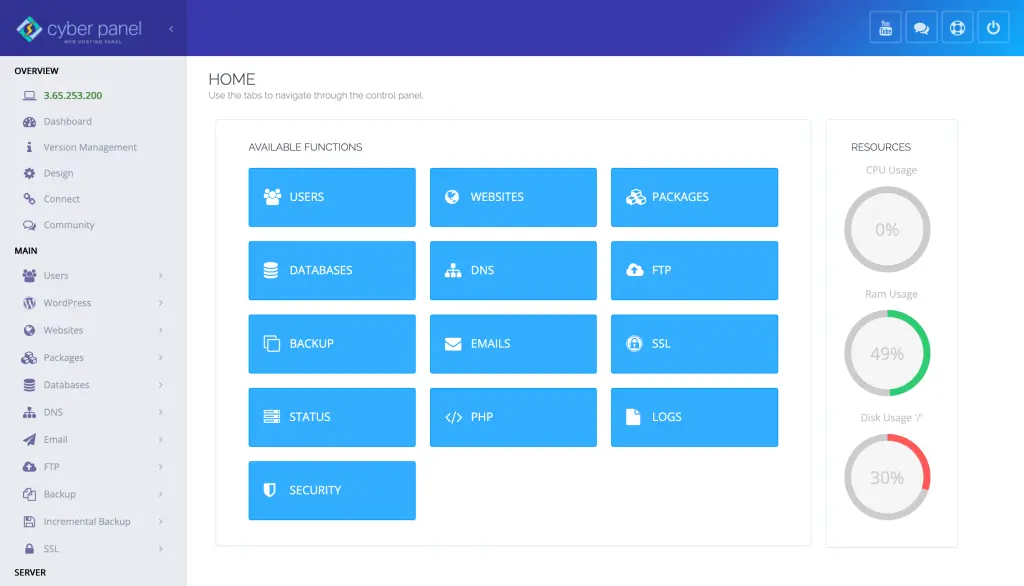Having to perform repetitive tasks on your Linux system manually every day, whether that’s backing up your files, cleaning up logs, updating your packages, or monitoring system performance, can get frustrating. After a while, such tasks become routine, time-consuming, and prone to human error. This is where Linux automation comes in handy. We are going to learn what are automated tasks called in Linux?
Automating tasks in Linux Job scheduling can be done using a job scheduling tool such as Cron, Anacron, systemd timers, or at commands. They allow users and administrators to automate timelines and actions executing at predetermined intervals, ensuring smooth operations within the system with better accuracy.
In this guide, you will learn about automation tasks in Linux, the available applications, and the simple steps to set it up.
What are Automated Tasks Called in Linux?
Scheduled or background processes in Linux are called cron jobs. These tasks can be scheduled for certain time intervals, system events, or based on user-defined conditions. Automating not only increases efficiency but also maximizes the performance and security of the system.
Cron Jobs
Cron is the most common job scheduler on Linux. It enables users to schedule jobs that run at intervals of time based on fixed times, dates, or intervals.
Get exclusive access to all things tech-savvy, and be the first to receive
the latest updates directly in your inbox.
Setting Up a Cron Job
Edit the crontab file to create a cron job:
crontab -eAdd a cron job entry:
0 2 * * * /home/user/backup. shThis runs backup. sh at 2 AM daily.
Anacron
For systems that do not run continuously, we have anacron. While Cron needs to be powered at the scheduled time to run, Anacron executes pending tasks when the system is activated.
To add an Anacron job:
echo "1 5 backup. daily /home/user/backup. sh" >> /etc/anacrontabSo, in case the system was turned off during the time when the script was scheduled to run, it makes sure that it runs once a day.
systemd Timers
Systemd timers have gained popularity as a replacement for cron jobs in modern Linux distributions. These timers have more power and fit better with system services.

To create a timer:
Create a service file:
nano /etc/systemd/system/backup. serviceAdd the following:
[Unit]
Description=Backup Service
[Service]
ExecStart=/home/user/backup.shCreate a timer file:
nano /etc/systemd/system/backup. timer[Unit]
Description=Runs Backup Daily
[Timer]
OnCalendar=*-*-* 02:00:00
Persistent=true
[Install]
WantedBy=timers.targetEnable and start the timer
sudo systemctl enable backup. timer
sudo systemctl start backup. timerat Command
One-time job schedules can be set using the at command. To schedule a task:
echo "echo 'Backup Complete' > /home/user/logs.txt" | at 5 PM tomorrowCyberPanel – The Best Linux Automation Software

CyberPanel, being a web hosting control panel, automates many features on the server, including backup and security updates, to help minimize workloads. Let us take a look at some key automation capabilities in CyberPanel:
Scheduled Backups: Automate backup tasks for data protection.
SSL: Automated SSL certificate renewal for domain security.
Auto Updates: Set packages to update automatically for better server performance and security.
Cron Job Management: Users can create and manage cron jobs directly from CyberPanel.
FAQs: Automated Tasks Linux
1. What are automated tasks in Linux?
Cron jobs, scheduled tasks, or automated scripts run with Cron, Anacron, systemd timers, or at commands are generally referred to as automated tasks in Linux.
2. Difference between Cron and Anacron.
Cron needs the system to be up at a set time, whereas Anacron runs outstanding tasks when the system is started.
3. How to schedule tasks in Linux?
Use Cron or systemd timers for tasks that need to run multiple times. For one-time tasks, use at. Anacron is suggested for non-persistent systems.
Summary!
Automation is an integral part of Linux administration. Such as Cron and Anacron, for example, systemd timers and at command can help the user to simplify their workflow, minimize manual processing, and increase the efficiency of the system. Apart from that, CyberPanel has one more built-in automatic feature that ensures the server management with scheduling.
Use these automated techniques now to enhance your Linux experience!



